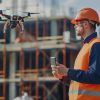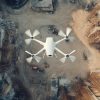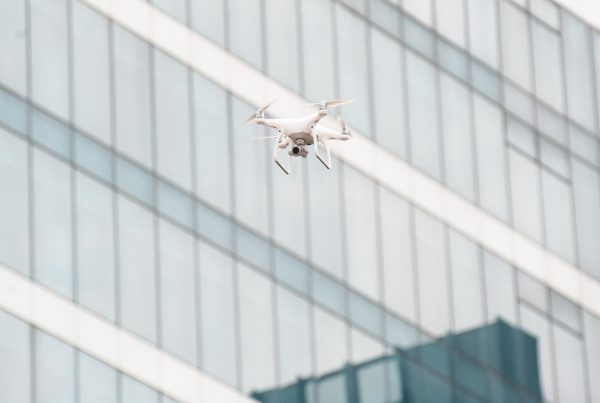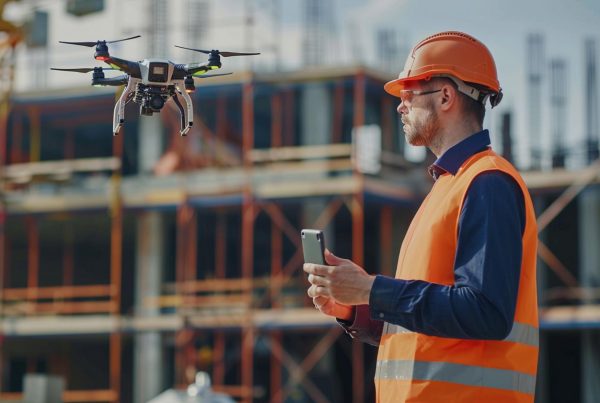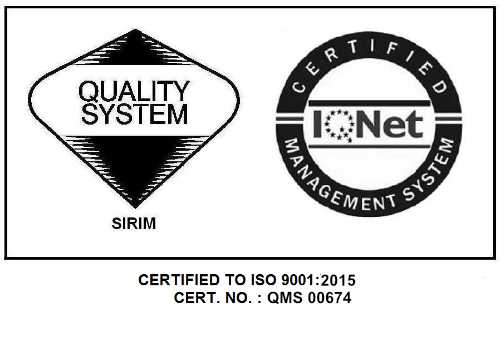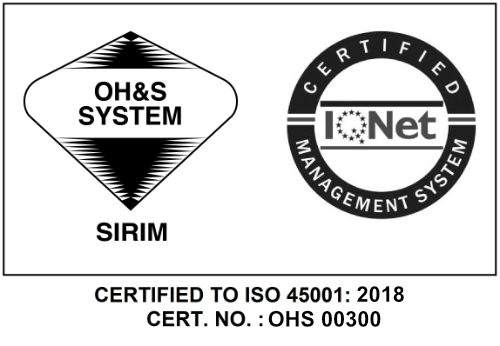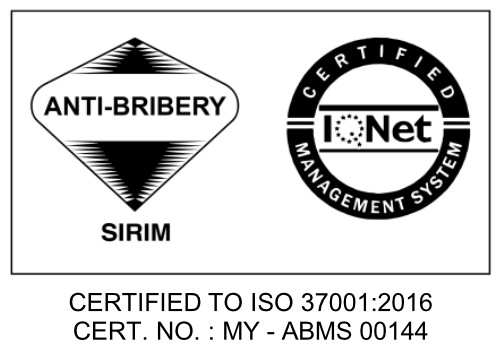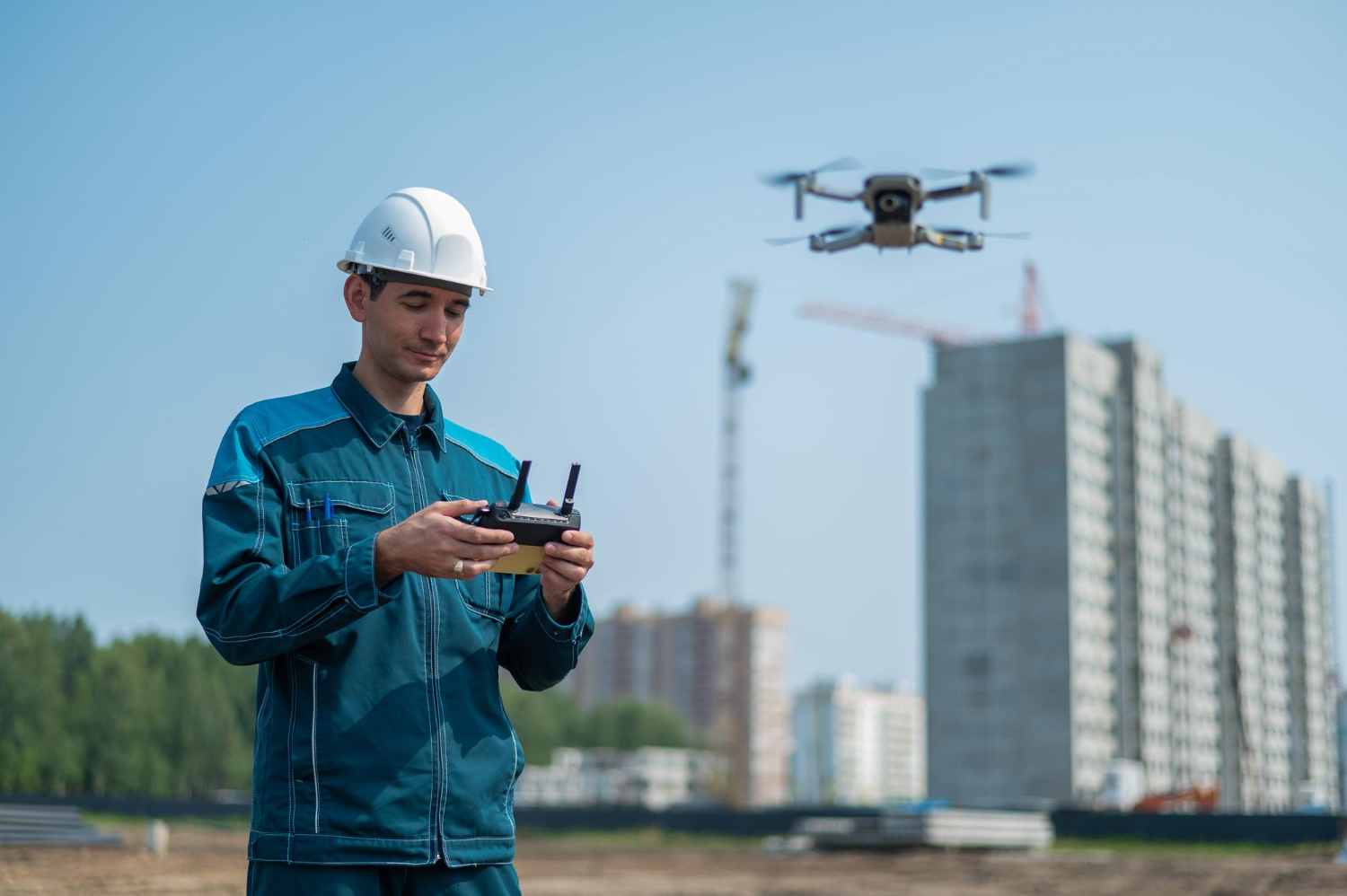
The integration of drones into the construction industry brings not only technological advancements but also new legal challenges. This article explores the complex legal framework surrounding drone usage in construction and the measures necessary to maintain compliance.
The proliferation of drones in construction has introduced significant efficiencies in project monitoring, safety, and site management. However, this technology also poses unique legal challenges that construction firms must navigate. Understanding the intricate legal landscape is crucial for leveraging drone technology effectively while adhering to legal standards.
Key legal considerations include data privacy, airspace regulations, and liability. Drones often capture extensive visual and data outputs, potentially including images of private properties or individuals without consent, which can infringe on privacy rights. Construction firms must ensure that drone operations comply with data protection laws by implementing strict data handling and storage protocols and conducting privacy impact assessments when necessary.
Airspace regulations also play a critical role. Drones operate within designated airspace and must adhere to national aviation rules to avoid penalties and ensure safety. Operators must obtain the necessary permits and ensure that drones are flown at appropriate times and heights to avoid conflicts with other airspace users.
Liability issues encompass both damage caused by drone operations and accidents. Construction firms must have robust insurance policies that cover drone-related incidents to mitigate financial risks. Additionally, clear guidelines and training for drone operators in Malaysia are essential to prevent accidents and ensure that drones are used responsibly.
Maintaining clear operational records is another vital aspect of legal compliance. Documentation of flight logs, maintenance records, and compliance with flight regulations can serve as crucial evidence in the event of legal disputes or investigations.
Vendors in Malaysia must stay updated with the evolving drone regulations and adapt their practices accordingly. Regular training and legal briefings for drone operators can help keep pace with changes and ensure ongoing compliance.
The final article in our series will discuss future trends in drone technology in the construction industry, focusing on emerging innovations and how they are set to transform traditional construction practices even further.
Article 1: Transforming Pre-Construction Planning with Drones
Article 2: Drones in Construction Monitoring
Article 3: Enhancing Site Safety and Security with Drones
Article 5: Future Trends and Developments in Construction Drones




